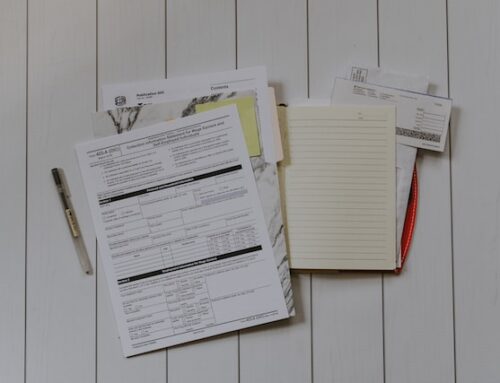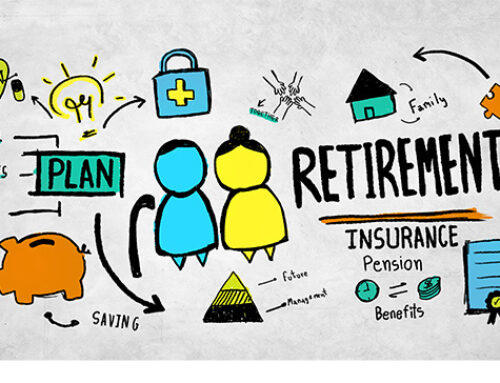 Let’s finish it once and for all.
Let’s finish it once and for all.
I wrote some posts on the topic and they are still among my favorite but as I started reading more, I started thinking more about whether am I going wrong or not considering something. what is happening?
Before going ahead, pls read my old post
Should you pay off your Mortgage or Invest
Retirement, Pension, Retirement Planning, Early retirement, etc
So let’s start.
I as someone who belongs to millennials or Gen Z, whatever you may call, saw my maternal family growing up in a rented flat. My paternal family lives in a well-known bungalow, Shanti Sadan. they say it was among the wealthiest home. A big part of my childhood was with my maternal family, Someone who didn’t have a father, and alone mother working and earning. In some early days, I lived in a building that was owned by my Maternal grandfather. I remember every time my family is supposed to change home, it was difficult to search home and to shift from one to other. so naturally I saw homeowners as someone who wealthy people. They didn’t have problems updating their address from the bank and driving license and all other things.
I myself lived in Paying guests and renting a flat with some of my friends. even, in that case, I saw how homeowners are not much cooperative. I always saw the stark differences between what all bloggers told me and what I experience. so at least for me, it’s a question mark why a whole lot of the internet is only giving one piece of advice. Rent. Do not buy. But Why?
In India, House demand is high, yes definitely supply is also high but the young population is making the demand alive and kicking. We are not a US system where big wealthy Private equity buys land and builds many homes and so when you need to shift, you just need a call to movers and packers and it’s done. Yes. Movers and packers service is now available in some big towns in India but when I was in my teenage, it wasn’t a picture.
You can call me lucky that my mother was working in a government job, there was a source of income that was nearly assured. I am completely aware of the situation that not many families have these better financials. So for me, it’s acceptable if someone is saying that renting a house is also good. But I am not much supportive when someone says that buying a house is locking your big chunk of capital. I can tell you that in India, some people still today live in a house that was built 100 or more years old. if their father or grandfathers didn’t build, they were renting and eternally keep on changing their address.
So with all this when I started writing a blog, What I realized is that the whole internet is talking about how great renting is. Some bloggers troll me on Twitter. I was utterly confused why? what was wrong. I spent enough long time reading and listening about what is right and what is wrong. as a Blogger, I was keeping an eye on the news, so I can guess why that all came from bloggers. what role do high-interest rates play? how did the 2008 crisis affect some of them ? or how have high real estate prices been affecting them since childhood? and how did the absence of US type system give Blackstone or other real estate private equity players some room to make money making it all different.
So I realized that house ownership or any other real estate ownership is divided into 2 parts. one is for your own consumption and the second is for investment, that investment can give you capital appreciation or may start you fixed income type rent or other cash flow. I am not against any of them. I know that even if you want to buy a house that house can give you many benefits. tax purposes, reverse mortgages, and many others. I know some people who bought shops, and commercial property, for their investment and after retirement purposes. As I am writing, Inflation is a big problem and so does high interest. so it’s natural for some people to think that why trap capital in the house, but maybe some of them hold credit card loans. many financial advisors told me that the worst thing about credit cards is if you didn’t manage them well. But if you know how to do it, it can be the best place for your emergency funds.
Some myths are like all homes have the same amenities. Wrong. Fake. I invite all people who claim such things to my Hometown and check half of my town, you will find many houses with big varieties. I also found some bloggers saying Real estate investment is risky. If that is true, Bitcoin is way safer, isn’t it?
As I am writing about Real estate, I want to mention REIT. I wrote a post about a structure that is the same in REIT and InvIT. You can read my post named Yieldco: Modern day investment vehicle for risk-averse inverse
I blame partly all MUTUAL FUND SALES PEOPLE. Who blindly told people that Mutual Funds Sahi hai and buy right sit tight. If you buy the wrong stock at the wrong time, it will be a wealth destroyer. The best example is Jaiprakash associate. once among the biggest companies, now bankrupt. Franklin Templeton, Axis Mutual Fund, and ICICI Pru Mutual funds are the right names if you want to know how bad and unethical they are.
Here I want to mention one of my clients without naming him. He told me that he is retiring and holds Fixed income securities worth Rs 1 cr ( Rs 10 million) in some banks and other places, considered good and paying. Should he increase allotment in stock or buy his own house? I asked why didn’t bought it already? he said he listed all those LIC people and invested in that. I mean is that the right way to allocate your funds? As I know interest rates are high enough to take care of his monthly income he can already buy his own home way back, but he invested in other financial products and only benefited his mutual fund and Insurance agents.
Subvention schemes or or no-EMI-till-possession. they are great. But they came with their own risk. Under such schemes, a developer asks home buyers to pay around 10-30 percent of the amount upfront. The balance is paid by a bank to the developer as a loan under a three-way agreement between the developer, the buyer, and the bank. While the project is under construction, the developer pays the interest on the loan to the bank. The bank disburses money to the builder as construction progresses. The buyer’s EMIs begin only after he gets possession. This may sound like a great deal but they also hold their own risk. Such schemes are long-term. they make you an investor in the whole apartment or whole project. If there is any delay, sometimes You ended up paying rent when you already paid a sufficiently big amount for your own home. What happens here is the bank is giving you some time of no payment. you will end up paying extra for that time. so your EMI and total payment will be the same but that will be in smaller time and so your EMI may be higher. or in some cases, helpful for the builder as upfront payment reduced his cost.
So while I was on the internet about myths about buying a home, I decided to write one.
The question of whether it makes more sense to buy a home or rent from someone else is off-topic for a blog about exchange-traded funds (ETFs). But buying real estate is often cited as the single most important investment that most people make. Why I said ETFs is when I check about stock investment advice, I only found them. The situation in the Indian market is heading in that direction but not there yet. so the Indian market is still today stock specific. You can make success while buying stock specific.
I also realize that google isn’t giving me advice from Indian bloggers. google is biased in some cases.
Overall I know and am telling you one thing that YOu cant generalize persona finance.



